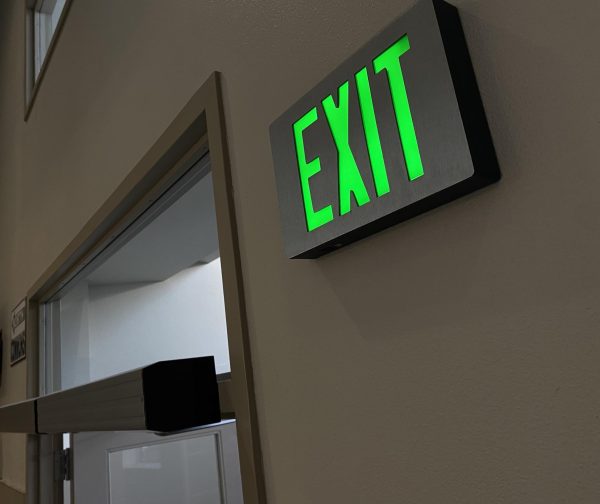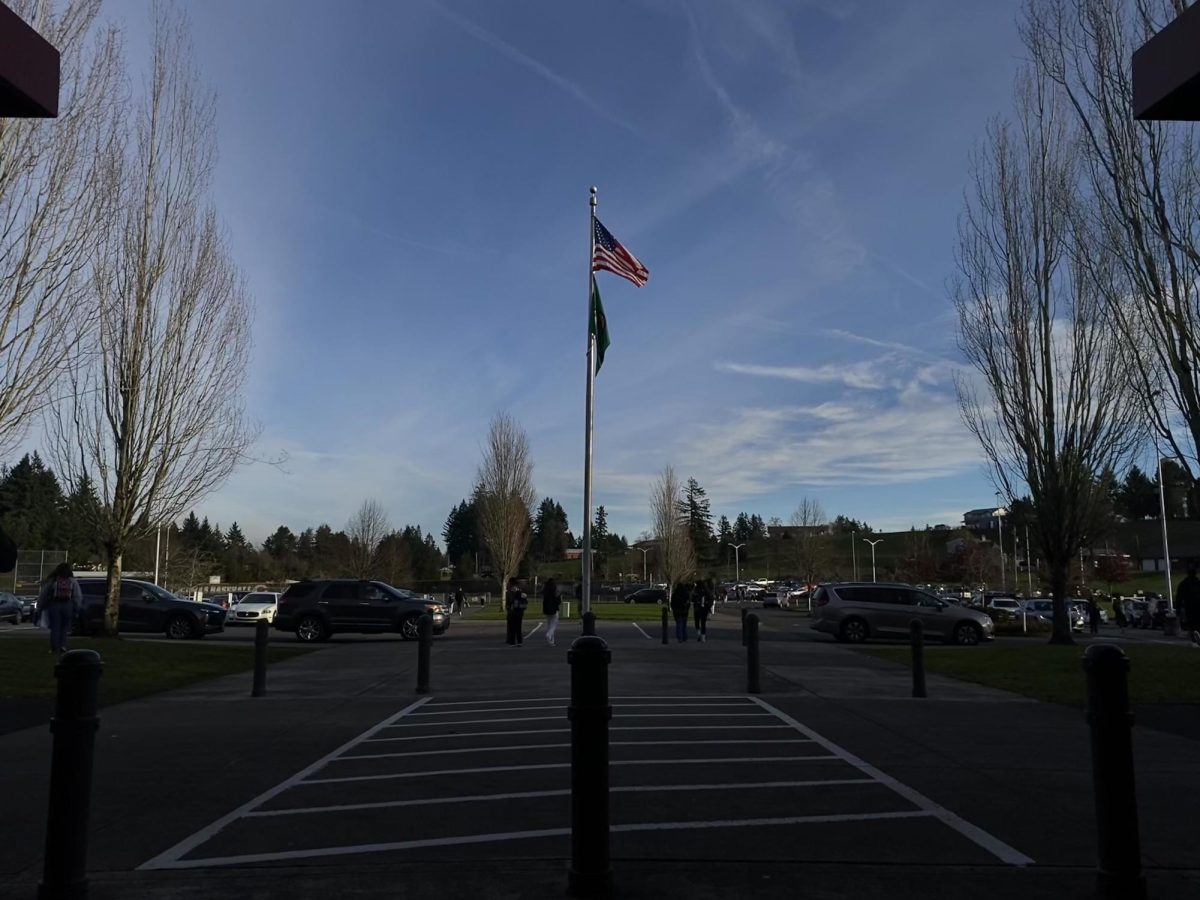As the 2023-2024 Camas High School (CHS) school year bleeds into its second semester, another class of graduates approaches departure from their high school career. This year’s graduating class will be the final class to have had their high school experience cut in two by the COVID-19 pandemic, which makes the class of 2025 the first to graduate without any obstructions in high school regarding the pandemic.
Typically, middle school is a time utilized by curious students to explore and foster new hobbies, discovering where these interests may lead. Following these formative years, students enter high school looking to develop a sense of self. They are provided the groundwork for establishing a relationship between this growing self-image and the many post-high school life and career pathways. Many students apply to and attend college following graduation, while others take an entrepreneurial or general workforce route. Some find one of these pathways more conducive to their values, general interests or post-graduation desires.

The COVID-19 pandemic put all in-person work at a standstill. So, students turned to the internet, specifically social media. In some cases, this extra online time allowed students to explore, be exposed to fascinating interests and become familiar with unconventional means of living. However, some students formed warped views about achieving success or over-analyzed objective content about rare experiences.
“I think social media has definitely pushed that narrative, especially for young adults [and] late [teenagers] … it appears, from what they see on social media, that it is much easier to be an entrepreneur,” CHS Career Pathway Specialist Sean Tamura said.
Tamura acknowledged that entrepreneurship can be a significantly positive experience, but what it takes to achieve the desired outcome is often overlooked.
“I think that sometimes students have a hard time `grasping that although it is possible, it is rare for people to actually grow a business to be that large and successful,” Tamura said.
He explained that most students who desire a lifestyle built around being a successful entrepreneur do not intend to stop in the financial gray area.
“Teenagers do not want to have a very stagnant, small business … they would like to grow it as big as it can possibly get. They want to make as much money as possible,” Tamura said. “It is going to take so much work to get to that point. It is not uncommon for people that do have a small business … to work upwards of 80 hours a week for several years before they can really take their foot off the gas.”
Students with desires to achieve entrepreneurial success in their respective fields of interest often receive related information from unsupportive sources or sources that are not comparable to the hands-on experience required to gain the perspective necessary to achieve these goals.

Due to radical exposure to many different pathways, many students have become highly focused on achieving whatever pathway they may have landed on during their formative years. To some, admittance to a prestigious university is necessary, while to others, stumbling upon another personal pathway has significantly dropped the importance of college.
When asked about his experience seeing students’ interests diverge from tradition post-COVID, CHS junior Zachary Isaacs described seeing his peers split down the middle.
“It kind of moved to two extremes. There are so many [students] that work so hard because they have this deadlocked vision [of] getting into this incredible college,” Isaacs said. “With social media and such, people [are] seeing unconventional careers. [For] those people, the importance of college has dropped.”
Rebecca Peddie, another CHS junior, described notable differences between the graduated classes affected by the pandemic and those who have remained in high school, largely unaffected.
“[Current juniors were] forced to come back to school [and] resume normal life… we [were] immersed back into [regular] school life,” Peddie said. “If you were a graduating senior choosing your pathway… there would be more of an inclination to find an online degree and work from home.”
With COVID-19 cutting much of students’ time exploring interests, many priorities have shifted, and they will only continue to show up as graduating classes pass through their high school careers.






































